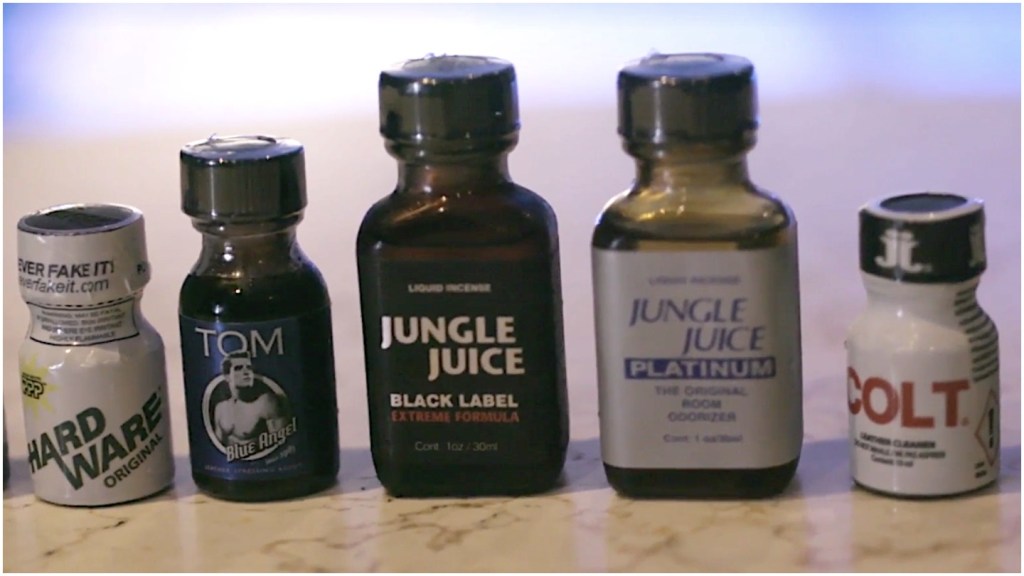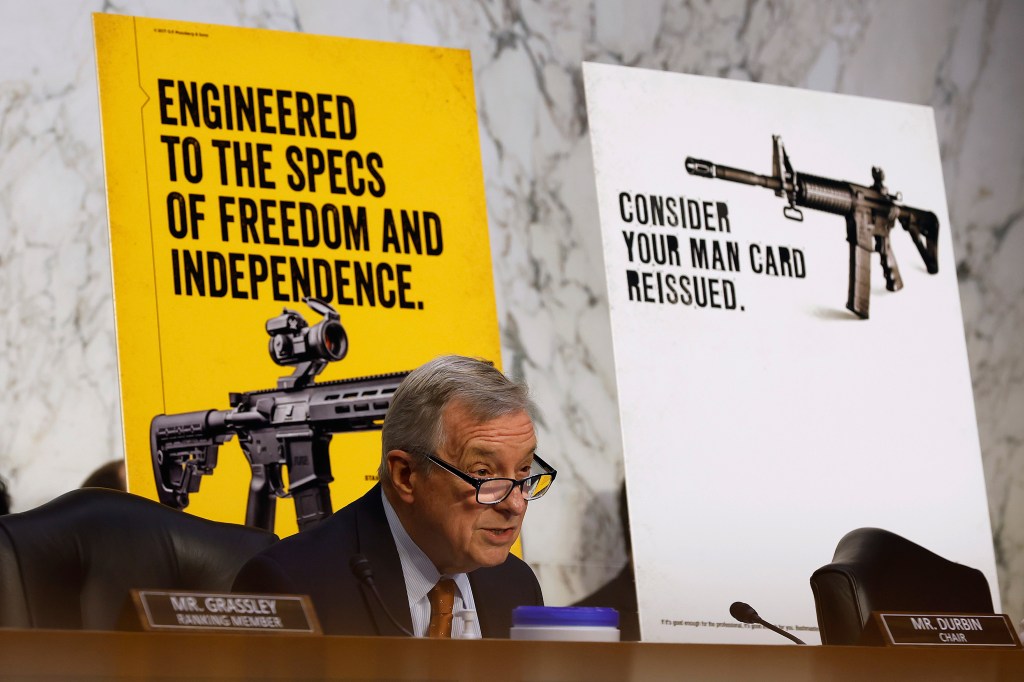The Australian government’s war on poppers is finally coming to an end. Last month, the Therapeutic Goods Administration (TGA) released a statement indicating that they would be drastically walking back their plans to crack down on the use and distribution of amyl nitrite. Had that proposal gone through, the relatively innocuous inhalant—used regularly by countless people in the LGBTQ community and beyond for the purposes of safe and comfortable anal sex—would have been classed as a Schedule 9 Prohibited Substance and ranked alongside the likes of heroin, MDMA, and DMT in the eyes of the law. Instead, it will likely be classified under either a Schedule 2 or Schedule 3, alongside the likes of aspirin and ibuprofen.
This would mark a significant backflip from the TGA, who quietly handed the original proposal to the Secretary to the Department of Health in April last year. The plan was to have amyl nitrites—and the broader class of alkyl nitrites to which they belong—outlawed by February 2019, at which point the drug would have become more heavily regulated than both fentanyl and methamphetamine. But in November, following extensive coverage from VICE and relentless pressure from health advocates and LGBTQ spokespeople, the government was forced to open the matter up for “public consultation” and give the Australian community at large a chance to say how they felt about the prospect of poppers becoming illegal.
Videos by VICE
Two public meetings and more than 70 written submissions later, the TGA bowed to public pressure and reigned in the proposed changes. “Banning the use of alkyl nitrites was considered not acceptable,” they conceded in their statement. “Their use was said to help reduce harms such as anal injury and possible blood-borne disease transmission during anal sex… [and] a ban could lead people to purchase these substances through unregulated, and possibly illegal, sources.”
Of particular concern to the various medical experts, sexual health advocates, and private individuals who made submissions during the consultation period was the way in which the amyl ban might impact members of the LGBTQ community. Following last year’s news that the government was looking at rescheduling amyl nitrites, multiple people denounced the proposal as a reckless and potentially homophobic slight against queer culture.
In their announcement last month, the TGA acknowledged that “participants made it clear that any changes that would make alkyl nitrites unavailable from adult shops or sex-on-premises venues would make life more difficult for members of the LGBTQI community.” One such participant, Heath Paynter—acting CEO of the Australian Federation AIDS Organisations—flagged that a Schedule 9 classification would “criminalise the safe therapeutic use of poppers by a significant number of Australians” and “signal to the LGBTIQ community that their sexual practices are deviant.” Another, Simon Ruth—CEO of Victoria’s Thorne Harbour Health—implored: “don’t turn gay men, our businesses or young people into criminals,” “don’t force us into humiliating situations,” and “accept nitrites have a therapeutic value.”
This “therapeutic value” is important. Last year, VICE spoke to members of the LGBTQ community about the role amyl plays in their sex lives and relationships, and many of their answers were the same: it helped them relax; it alleviated their anxiety; it allowed them to engage in safe and comfortable anal sex. As for the potential harms? The evidence doesn’t stack up to much.
“In terms of the scientific evidence into the risks that poppers place on individual health, it’s very sparse and not terribly convincing,” Dr Denton Callander, a research scientist at the NYU School of Medicine, told VICE. “While there have been a few highly publicised studies that suggest that poppers may for example affect your eyesight, we should not base public health policy on small studies—what we might call anecdotal evidence or case reports. These are the weakest and least effective form of evidence.”
Callander points to his home country of Canada as an example of how these kinds of myopic public health policy decisions can play out. The Canadian government enacted a swift, nationwide ban on poppers in 2013, making it illegal to buy or sell alkyl nitrites on the basis that they “may pose serious risks, including death, depending on the amount used, how frequently they are used, and how long they are used for.” Short of actually drinking the substance or combining it with certain other drugs, however, there is scarce evidence indicating that amyl poses such dangers.
“It [prohibition] just drives people’s practices underground,” Callander says—and the stats support his claim. In the five years since Canada’s ban was imposed, amyl usage has dropped by a mere three percent. Speaking to VICE today, Callander suggested that “if the government had proceeded with categorising alkyl nitrites as a Schedule 9 substance, it is likely that this would have had little impact on use of this drug while forcing people to access it in illegal and potentially dangerous ways… the regulations themselves can do more harm than the actual drug.”
Now, as a result of the Australian government reneging on the ban, amyl could become more easily accessible than ever before. In the event that it’s registered as a Schedule 2 “pharmacy medicine”, users will be able to buy it off the shelf the same way they would a packet of condoms or a tube of spermicidal lube. If it’s deemed a Schedule 3 “pharmacist only medicine”, they’ll need to acquire it through a licensed pharmacist, who will then be able to offer professional advice on how to use the drug safely. Any poppers containing isopropyl nitrite—a chemical compound thought to be associated with rare but serious retinal maculopathy that can lead to vision problems—might also still be registered as a Schedule 9.
It’s still too early to tell where the legislation will land, with a final decision expected to be announced in June this year. For now though, it’s worth celebrating the fact that ”calmer heads prevailed,” in Callander’s words—and that the huge, diverse community of people who would have actually been affected by the proposed amyl ban ultimately and indisputably had their voices heard.
Follow Gavin on Twitter or Instagram
Sign up for our newsletter to get the best of VICE delivered to your inbox daily.




